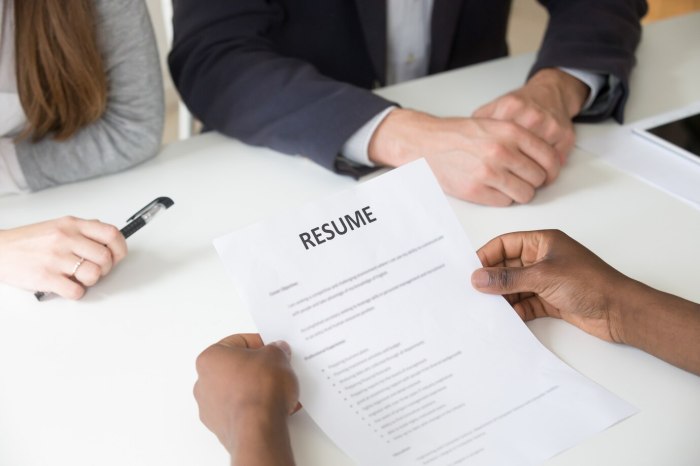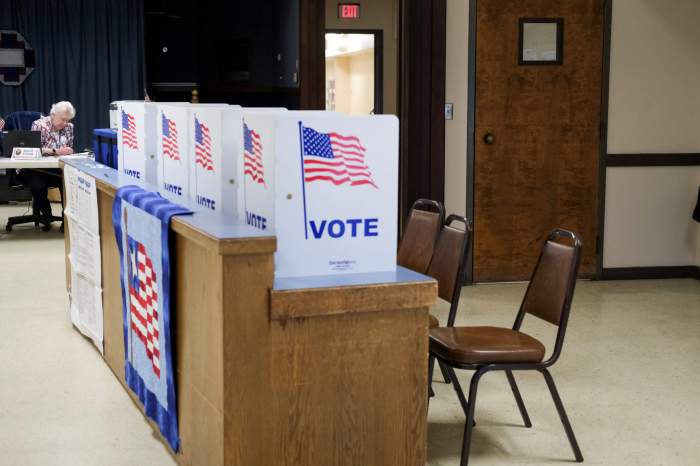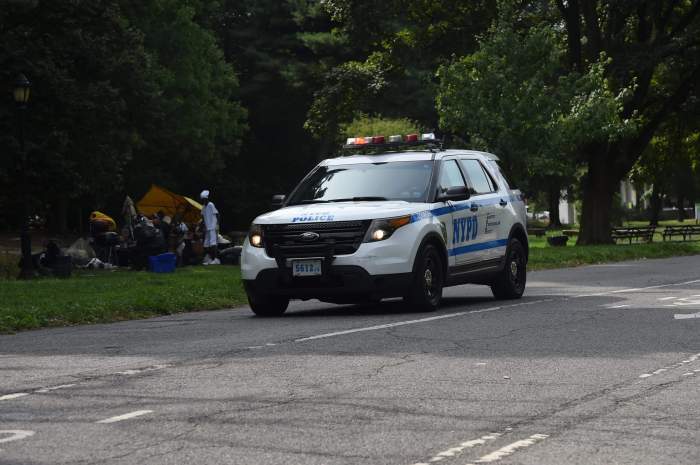This week finally saw the peaceful transition of federal power most New Yorkers have been waiting for these past many months and years. Many crave a return to normalcy, but what “normal” means any more is unclear.
Twelve years ago, Barack Obama was inaugurated in another moving and historic ceremony. Since that time, it’s not just that we’ve learned more about the toxic beliefs and actions of so many of our countrymen. In those twelve years, the world has also produced a quarter of the carbon emissions for all of humanity’s existence.
So evil stuff remains in the air, and the horrible disease that has already killed 400,000 Americans remains unvanquished and more contagious than ever. But people are receiving vaccinations this week; there is a light at the end of the tunnel.
The performing arts and nightlife within New York City have been especially harmed by necessary social distancing restrictions, and many of those organizations and businesses will not come back. We must commit to building a new nightlife, a new artistic scene, on the ashes of the old.
New York City’s partisans act like we have everything in our city, and while we have more than others, it’s simply not the case that we have everything. For example, despite the years-long efforts of Congresswoman Carolyn Maloney, New York has no pandas. In the nightlife realm, New York has never had anything like Berghain.
Built in an abandoned power plant near the former border of East and West Berlin, Berghain is a multi-level club devoted to techno and house. Photography is forbidden and there are no mirrors inside. Parties last for days. Not only is it larger and stranger, it is a less commercialized dance music experience than one is able to regularly find in New York.
Brooklyn deserves a Berghain. It should happen next year. What about transforming the Red Hook grain elevator?
When COVID-19 finally ends, we’ll be facing competing drives. On the one hand, we will have lost many of the regular habits of socializing, and will be slow to redevelop them. On the other hand, we will be yearning to return to the social pleasures we knew before. Human beings are sociable animals: we did not evolve working together and expressing our love for each other through screens.
After the last pandemic, America entered the Roaring Twenties. We could be due for another such decade. Maybe our new era will be as booze-soaked and inequitable as the Jazz Age, or maybe we can come up with a new way to party: one more mindful, more accepting, more sustainable, more global.
But also a way that features multi-day parties in ancient industrial buildings.






















